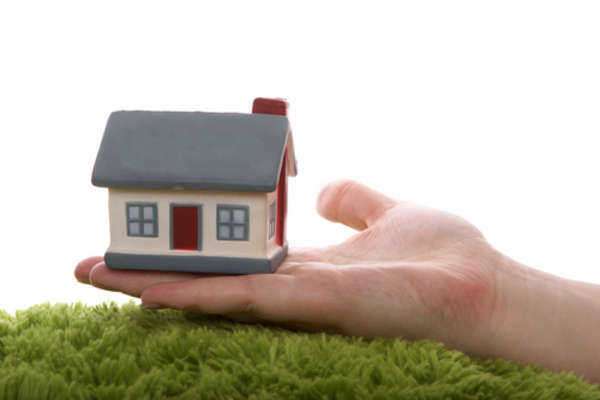Home Repair
1. Home Repairs: What your landlord must fix:
Landlords who have tenants living on their property are required by law to keep the property in a condition fit for human habitation. On a basic level, all landlords must ensure that the building structure is safe, tenants have access to hot and cold water, fix pest infestation, and ensure that plumbing, electrical, and heat are all up to local codes and ordinances.
While these are the basic requirements, each state has different laws and rules, so make sure that you consult your local laws to ensure a rental property is in compliance with the law.

2. What the tenant must fix
Most minor problems which do not affect the ability of the tenant to live on the property fall under the responsibility of the tenant to fix. These include minor plumbing issues, minor aesthetic defects, minor dirt and debris, or problems created by the tenant. While all of these issues may cause some annoyance, the landlord is not responsible.
Always consult your rental agreement to determine if your landlord is required to fix certain things. While not required by law, any agreements to fix or clean your rental property must be done by the landlord if in the agreement.
3. Getting your landlord to make repairs
While landlords are required to make major repairs but not required to make minor ones, getting your landlord to fix problems requires constant communication with the landlord. Always, the first step is to notify your landlord of the issue. Often, landlords want to fix problems, as they face financial loss if the property is damaged.
If your landlord refuses to make repairs, follow these steps:
- Put it your request in writing. You need to have proof that your landlord was notified of the problem. Write a letter to your landlord, with a date, specifying the problems with your rental unit. Keep a copy for your own records, in case you need to prove your landlord was on notice of the issue.
- Seek mediation or a non-legal form of dispute resolution. There are services that provide advisory consultation and meeting facilitation between landlords and tenants to resolve their disputes. Contact one of these services before going a more aggressive route.
- Report your landlord to the authorities. This may require that you file a lawsuit in landlord-tenant court or that you contact the local housing or zoning authority. Always be cautious when going this route. You must report only with clean hands. Do not report or file a lawsuit if the landlord has a claim against you, such as for late payment of rent, damage to the property, or any violation of the rental agreement.
Liability for damages to rental property can either be on the tenant, if the tenant caused the issue, or on the landlord, if the property needs to be repaired without fault of the tenant.